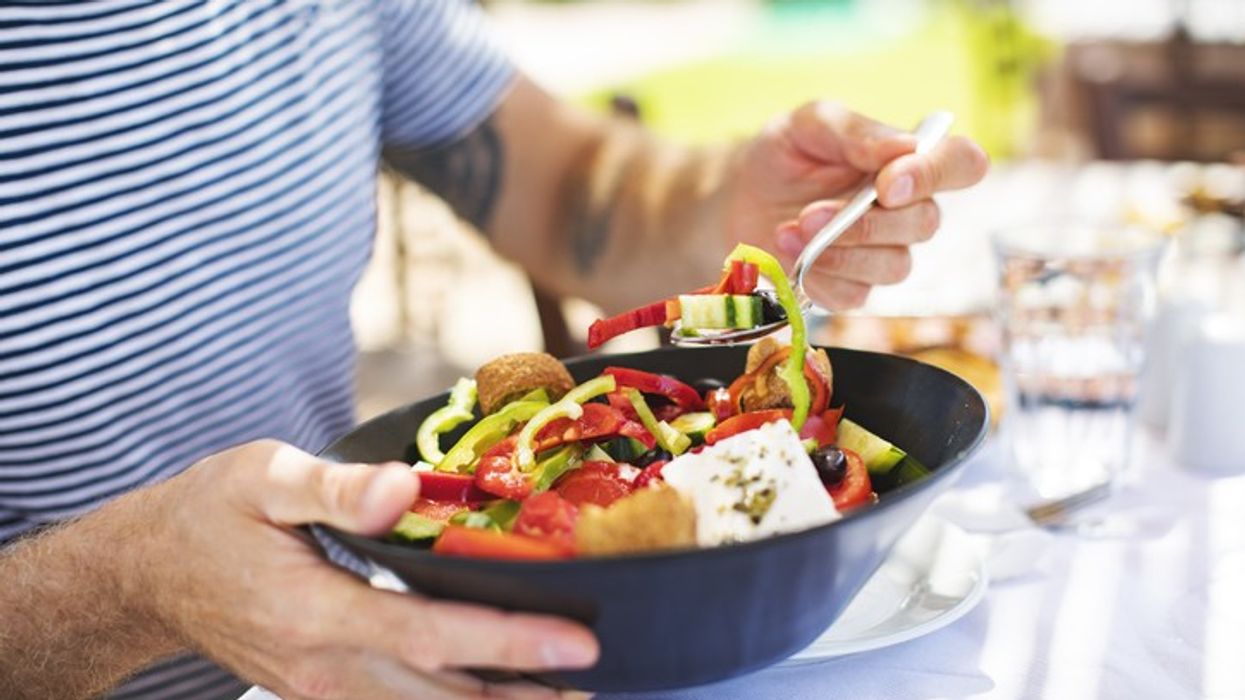Our brain is constantly working, even when we are sleeping. It regulates our thoughts, breathing, movements, senses, and heartbeat – therefore, it is working non-stop 24/7, informs an earlier report by Harvard Health.
Since the brain works so hard, it needs an uninterrupted supply of fuel which comes from the food we eat. However, the quality of fuel fed to the brain can make a huge difference.
This is because whatever we consume has a direct impact on the function and structure of our brain and eventually our mood.
According to the British Medical Journal (BMJ), “Epidemiological research has observed that adherence to healthy or Mediterranean dietary patterns — high consumption of fruits, vegetables, nuts, and legumes; moderate consumption of poultry, eggs, and dairy products; and only occasional consumption of red meat — is associated with a reduced risk of depression.”
Experts inform us that food not only affects our mood but also the way we feel. Taking to her Instagram account, Ayurveda expert Dr Dimple Jangda asks if there are any specific foods that can make us feel happy and low.
Dr Jangda explains that according to Ayurveda, food and human emotions share an important relationship. “A bar of chocolate makes our body release serotonin, making us feel uplifted,” she states.
Some foods and nutrients help the brain to create chemicals that affect mood, focus, and attention, while certain other foods can drain your energy, registered dietician Sarah Thomsen Ferreira told Cleveland Clinic in an earlier report.
Sarah is quoted as saying, “The Mediterranean diet has gained significant attention for decreasing symptoms of depression, with key components being increased intake of vegetables, fruit, omega-3-rich fish, nuts, legumes, and olive oil.”
Dr Jangda further shares that Ayurveda and yoga define the “three states of mind and the diet that promotes it.”
1. Sattva
Sattva means “balance, harmony, and light.”
The expert adds, “Sattvic diet promotes emotions like compassion, kindness, love, forgiveness, empathy.”
Sattvic foods are pure vegetarian and include foods like vegetables, fresh fruit, whole meal bread, pulses, grains, sprouts, nuts, seeds, honey, herbs, milk, and dairy products that are free of animal rennet (a milk clotting complex collection of enzymes).
When consumed, these foods “raise our consciousness, inspire us to positive action, unleash our hidden potential and creativity.”
2. Rajas
Rajas means “activity, movement, agitation, passion, moving, and emotional.”
Dr Jangda informs that “A rajasic diet is overly spicy or hot and it includes onion, garlic, coffee, fizzy soft drinks, tea, sugary foods, and too much chocolate.”
This type of diet can “destroy the mind-body equilibrium, feeding the body at the expense of the mind,” the expert said.
She adds, “a rajasic person will experience poor digestion and constant restlessness.”
3. Tamas
Means “inertia, dullness, inactivity, or lethargy, tamasic food is the most un-advocated diet, and leads to the destruction of the mind and body alike,” the expert said.
This diet which can harm our body consists of, “dead food such as meat, fish, poultry, eggs, stale foods, processed packaged foods, with preservatives and additives, reheated food, alcohol, cigarettes, drugs.”
The doctor explains, “these foods don’t uplift your energy or consciousness, but instead pull us downwards into laziness and inertia.”
In fact, this diet is linked to “diabetes, heart and liver diseases.” Also, those consuming such a diet will feel “unmotivated, careless; unaware of ourselves and others.”
Agreeing with the fact that the foods we eat affect our emotions, Vikas Chawla, Ayurveda Expert, Vedas Cure, told The Indian Express, Ayurveda advocates the adage, ‘What we eat is what we become.’ “Hence, it says there is a direct relationship between our food and emotions. Food gives us energy, and our energy is based on our emotions. Our food habits have a significant bearing on our mood and state of mind, which ultimately decides which emotions we are feeling at a particular time.”
The expert adds, “Foods that cause overwhelming emotions and exacerbate feelings of stress, anger, and depression are oily and greasy junk items, alcohol, consumption of refined sugars, artificial sweeteners, and excessive salt consumption. Ayurveda classifies them as addiction, and any addiction makes us lose our self-control and emotional regulation and causes us to feel irritated, groggy, and virulent.”




